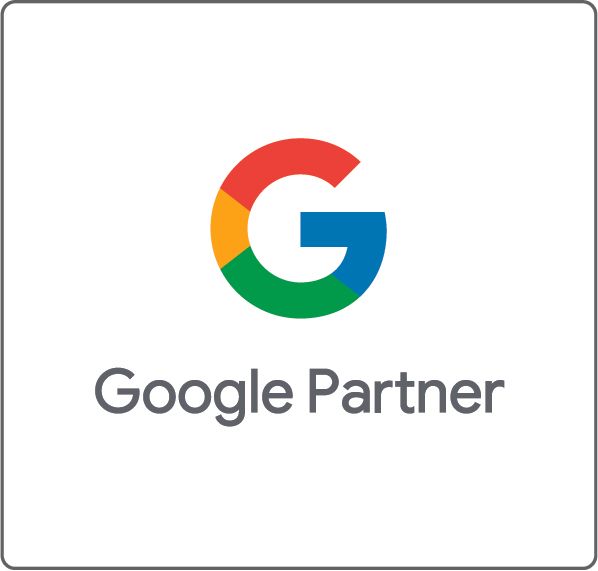Net Neutrality and Digital Marketing
It seems that the latest buzz word in rotation is net neutrality, and more specifically why consumers should want to protect it. So what exactly is net neutrality? It’s the concept that internet service providers (ISPs) provide access to to all content regardless of the source. What could happen if the current net neutrality rules are rolled back? Well, a few things. First, ISPs would be able to prioritize certain websites they deem relevant, or that have the ability to pay for prioritization. They could also potentially block websites or slow down the speed of web pages based upon the content.
Currently, net neutrality is protected under Title II of the of the Communications Act of 1934 as a telecommunications service, otherwise known as a utility. Title II states that common carriers (ie. ISPs) cannot “make any unjust or unreasonable discrimination in charges, practices, classifications, regulations, facilities or services.” This classification imposed under the Obama Administration is currently being challenged by the Trump appointed Chairman Pai. Pai argues that removing the Title II restrictions and reverting back to the light-touch regulations imposed under the Clinton Administration would allow for greater competition and therefore cheaper internet access. This argument is being challenged by major tech and media companies as well internet users.
In terms of digital marketing, the importance of net neutrality comes down to cost and competition. The free and open web works because essentially anyone who creates a website is on equal ground. If websites potentially have to pay ISPs for access to users, there would have to be significant capital involved in order to gain exposure in the digital space. It would also be almost impossible to compete with sites that are flush with cash such as Facebook and Google.
On Wednesday July 12, many tech firms and websites banned together to keep the net neutrality rules as they are today. Sites such as Amazon, Twitter, and Netflix, added a banner, promoted tweet, or welcome pop-up to their sites to educate their user base on not only what net neutrality is, but to also get that user base to contact their representatives in Congress. Many other sites published press releases and in the case of Facebook, both CEO
Mark Zuckerburg and COO
Sheryl Sandberg made statements from their personal pages. As digital marketers, we support the free and open internet and encourage those who agree to
tell the FCC to keep the net neutral.
Never miss an update from “The Shoppe,” sign up for our email list today!
Subscribe
Sign up with your email address to receive news and updates.
Subscribe
We respect your privacy.
















